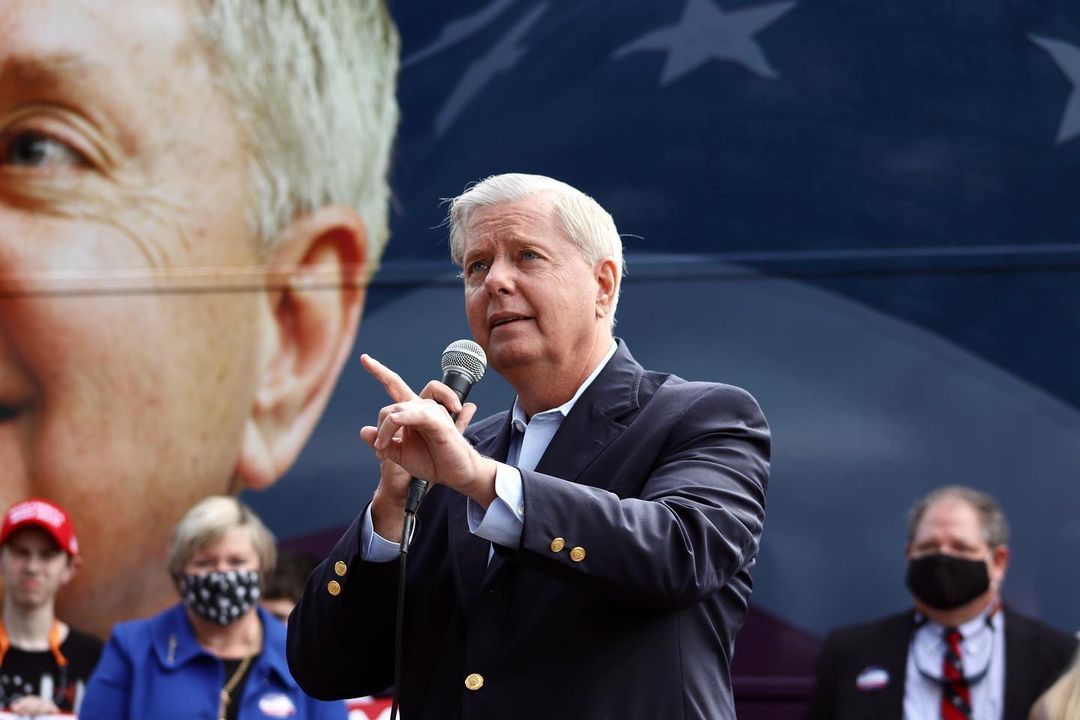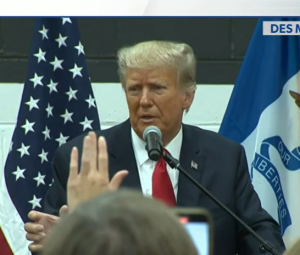US Senator Lindsey Graham, on Friday, has requested the country’s Supreme Court to block a subpoena issued to him by an Atlanta grand jury that has been investigating his efforts towards overturning the Georgia results of the 2020 presidential elections.
Graham, a member of the Republican Party and a senator from South Carolina, said that his actions in Georgia in 2020 were in accordance with legislative guidelines and come under the protection of the US Constitution’s Speech or Debate Clause. He filed the emergency petition in the Supreme Court after the US Circuit Court of Appeals ruled that he could be subpoenaed the election investigation case.
Also Read| January 6th committee issues subpoena to Donald Trump
According to Graham, he needed the information in question because of an “impending vote on certifying the election”, and that being the Senate Judiciary Committee’s Chairman, he had a right to “reviewing election-related issues.”
However, according to the appellate panel, his alleged actions like “communications and coordination with the Trump campaign regarding its post-election efforts in Georgia, public statements regarding the 2020 election, and efforts to ‘cajole’ or ‘exhort’ Georgia election officials” do not come under the Speech or Debate Clause’s protection.
The investigation for which Graham has been subpoenaed is being led by Fulton County District Attorney Fani Willis. The investigation kicked off after former President Donald Trump phone call to Georgia Secretary of State Brad Raffensperger in January 2021, in which the former asked Raffensperger to “find” votes necessary for him to win the election.
Also Read| Steve Bannon sentenced to 4 months in prison for contempt of Congress
In his filing, Graham states, “After the phone calls, Senator Graham relied on the information gained from the calls both to vote Joe Biden the ‘legitimate President of the United States’ and to co-sponsor legislation to amend the Electoral Count Act”. “The district court’s and District Attorney’s apparent suspicions about motives are baseless, but even assuming otherwise, the Speech or Debate Clause was designed to prevent exactly this sort of examination,” the statement further added.







